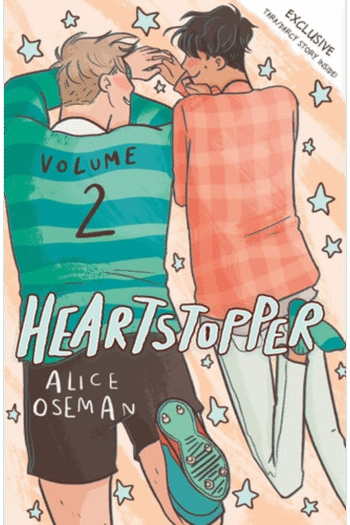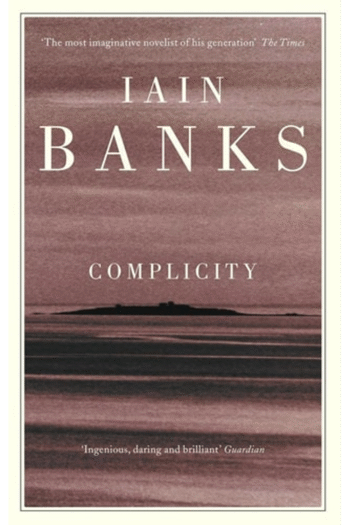Paul West’s “Rat Man of Paris” is a powerful and unsettling novel exploring the fractured psyche of Etienne Poulsifer, a man haunted by the trauma of Nazi occupation. Known for his bizarre habit of revealing rats to strangers, Etienne uses this ritual as a shield against a world that shattered his innocence. This First Edition paperback delves into his complex relationship with Sharli Bandol, an unexpected connection that offers a glimmer of hope amidst the darkness. More than a story of eccentricity, it’s a profound meditation on memory, survival, and the enduring search for meaning in the face of unimaginable loss. Published by Overlook Books, this literary gem offers a challenging yet rewarding reading experience for those who appreciate introspective narratives and complex characters. Discover the haunting brilliance of Paul West’s writing and explore the depths of human resilience in “Rat Man of Paris”.
Rat Man of Paris
14,19 $
In stock
While there are indeed various events and activities in the novel, most of the action takes place in the protagonists wandering mind. Etienne Poulsifer is known to most as the Rat Man of Paris for his habit of accosting strangers on the street and revealing a live rat (later rubber, wooden, or dead ones and finally a fox fur) hidden under his coat. Almost invariably, the startled or appalled passersby proffer money to dismiss Rat Man, who regards his actions as rituals for tweaking the race. Helping it evolve.
On one of his excursions, he meets Sharli Bandol, who is not frightened by his gesture and who invites him to her apartment for a meal. The two are immediately attracted to each other (though Rat Man, now in his sixties, disheveled and stoop-shouldered, is anything but physically attractive) out of their mutual desire to give and receive affection. Their favorite pastime is to park on the runway approach at a nearby airport as the planes roar overhead and discuss anything and everything.
In his mental wanderings, Rat Man takes the reader back to the central events of his lifethe Nazi occupation and near-total extermination of his village. While his parents are burned alive, the young Poulsifer hides under floorboards and is later reluctantly adopted by a fellow survivor, Madame R. On the surface, Rat Man appears to be a zombie as a result of these experiences, and often he feels only barely alive, yet he strives…
| Authors | |
|---|---|
| Binding | |
| Condition | |
| ISBN-10 | 0879515023 |
| ISBN-13 | 9780879515027 |
| Language | |
| Pages | 208 |
| Publisher | |
| Year published | |
| Weight | 209 |
| Edition | First Edition |
Related products
-
Heartstopper Volume Two
32,05 $ -
Complicity
17,89 $ -
LE LIVRE DES SENS
19,92 $
- Additional information
- Currencies
- USD – United States dollar
- EUR – Euro
- GBP – Pound sterling
- CNY – Chinese yuan
- BRL – Brazilian real
- MXN – Mexican peso
- JPY – Japanese yen
- PHP – Philippine peso
- THB – Thai baht
- PLN – Polish złoty
- CAD – Canadian dollar
- MYR – Malaysian ringgit
- AUD – Australian dollar
- TWD – New Taiwan dollar
- CZK – Czech koruna
- SEK – Swedish krona
- HUF – Hungarian forint
- ILS – Israeli new shekel
- CHF – Swiss franc
- HKD – Hong Kong dollar
- DKK – Danish krone
- SGD – Singapore dollar
- NOK – Norwegian krone
- NZD – New Zealand dollar





